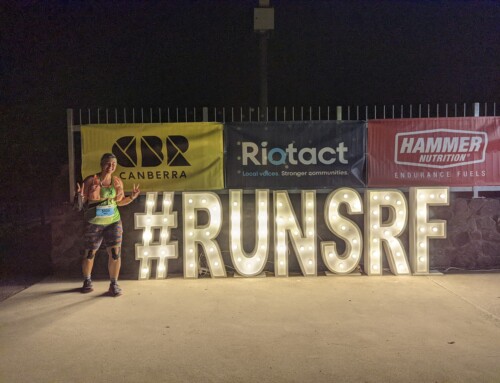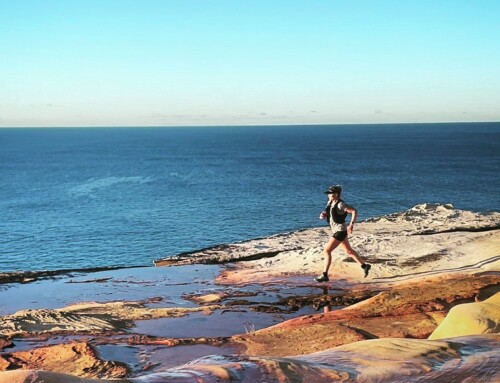For most trail runners there is a (sometimes fairly significant) component of hiking the uphills. Especially when you’re out there for 5, 10, 20 hours hiking like you mean it can have you up and over mountains like a determined warrior, and taking chunks from your overall race time – so why not focus on this skill as an addition to your training.
Of course, training on your local hills and outdoors is the preference, naturally there is a place in training for running downhills to build quad strength and downhill skills, and getting out for long trail runs and hiking within your long run. Treadmill training, as an option, can be quite effective if you don’t have the hours, cannot get outside or don’t have access to hills when you need them.
Using a treadmill can be an efficient and controlled way to boost your uphill hiking, while it also has the benefit of being low impact so can be an addition to your training. For example, if four runs per week is what your body can handle, then you could add a fifth treadmill session as a low impact, hike-fitness building option. Make hiking powerfully your natural default and you won’t think any other way on race day!
Working with my runners (training for UTA and other hilly trail races) who only have access to a treadmill during the week, I have been practising and developing these sessions and getting their feedback. Below are some examples you can try out for yourself – they are all set up as 35mins sessions and I have used 12 as the maximum incline but these can be adjusted to suit you, your treadmill and the time you have available.
Some tips;
*make sure you warm up by walking for 5mins before you add any incline – this can be no incline or 1% if that’s your preference
*as you increase the incline you will have to decrease the treadmill speed, but try to keep your cadence the same, brisk pace – for example, if you can walk with no incline at a speed of 7, at an incline of 6% you might have to reduce the treadmill speed to 6.6 and at an incline of 12% you might have to reduce the speed to 6
* brisk walking? By this I mean a quick cadence walk, as strong a hike as you can manage without causing stress, or falling off the back of the treadmill!!
*as you get into heavier training you can load your backpack up to race day weight and wear it (also try doing things while briskly walking eg. getting things out of your pack and putting away – a skill in itself)
*look after your calves and achilles, these sessions make them strong but also work them, so take care with good recovery after especially if you’re new to it.
The Rollercoaster
5mins brisk walking zero incline then 4mins @ incline 4% (then 2min zero) repeat for incline 6%, 8%, 10%, 12%.
Up & Over – incline pyramid
5mins brisk walking no incline, then 5mins @ 8%, 5mins @ 10%, 5mins @ 12%, 5mins @ 10%, 5mins @ 8%, then 5mins no incline.
Steep, steep & steep
5mins brisk walking to warm up then 8min at max incline (at a speed where you’re working but can still hold a conversation) – then 2mins no incline. Repeat this 3 times… then 5mins no incline at the end.
Heartbreak Hills
5mins brisk walking no incline, then 2mins at each 6%, 8%, 10%, 12% (then 2mins no incline) – repeat this 3 times.
A hill that gets steeper…and steeper!
5mins brisk walking no incline, then increasing the incline to 4% for 5mins, 6% for 5mins, 8% for 5mins, 10% for five minutes, 12% for 5 mins…final 5mins no incline.
With so much hiking involved in hilly trails, training your uphill hiking skills on the treadmill can be a beneficial addition to your trail run training – if you can’t get outdoors to practice, if you are short on time, or if you think your uphill hiking needs work then why not give it a go and “hike with purpose” in your next race.
Kate Heyward.
For more info on coaching or training, you can contact RMA coach Kate Heyward at www.coachkate.com.au.







Leave A Comment